Lost Star
by Cody Poulton
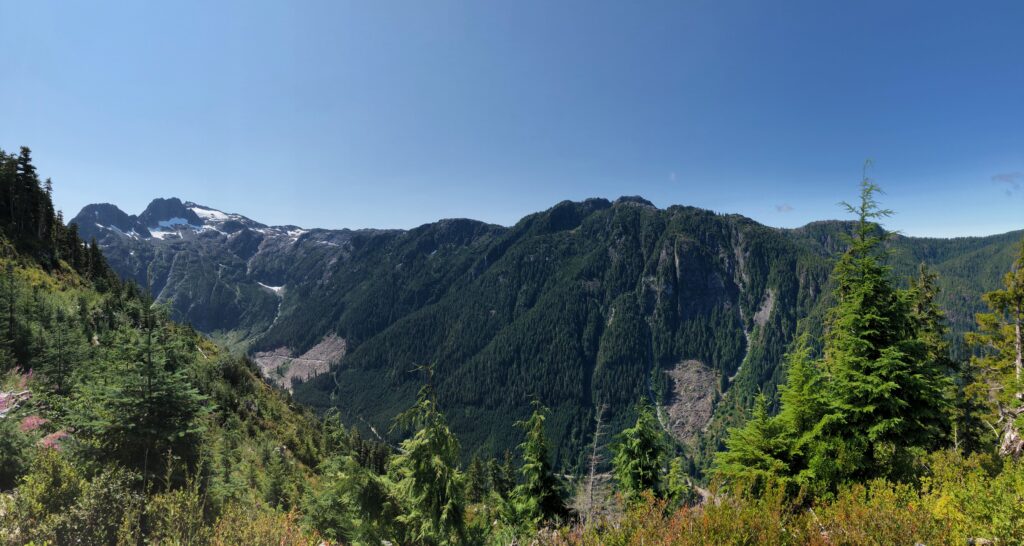
In July my wife and I escaped Japan, its cursed Olympics, its damned pandemic, its incessant rains and constant heat, to spend a few refreshing weeks on the west coast of Canada. Even here, however, one can’t avoid extreme weather. It hasn’t rained in almost two months and the bone-dry conditions have led once again to another summer of forest fires. When the winds are off the ocean, the skies are clear, but when they turn, smoke from British Columbia’s interior turn the blue sky to grey or a menacing yellow when it’s bad.
Last week we made a road trip up-island. Living in Victoria on the southern tip of Vancouver Island—which is about the size of Taiwan though a good deal more sparcely populated—anywhere north is “up” for us. Our journey took us to Gold River, the island’s epicentre, a good five hour drive from Victoria. Gold River sits in the crotch of tall, snowy mountains, but it can be a furnace in the summer. During the recent “heat dome” that killed over five hundred people in this province, the temperature rose there to as high as forty-six Celcius. The day we drove up, however, we had our first rain in fifty days, intermittent squalls on the highway amid patches of sun.
The following day my cousin drove us in his 4X4 up a steep logging road pocked with washboard gutters to run off the winter rains, through clearcuts into the high country where we could see ranges of snow-capped peaks jutting out of the sweep of the long valleys of Strathcona Park. Mt. Matchlee, at 1,822 meters, was the closest; hiding behind it was the island’s highest mountain, the Golden Hinde, named after Sir Francis Drake’s ship, which sailed past the west coast of this island back in the 1500s, centuries before Cook stopped here. It was too stormy for Drake’s ship to make anchor, but the Nuu-chah-nulth paddled out in their canoes to meet them, hairy, smelly men. This coast is deeply serrated with long fjords and mostly accessible to this day only by sea. My cousin is an outdoorsman who had worked as park ranger in Alberta, Yukon, and the Northwest Territories, but even for him, traversing the interior of Vancouver Island or scaling its mountains is a tough proposition, bushwacking up to the tree line until one can find an escarpment to walk along. The higher peaks involve technical climbing; practically none of them are accessible on a day-hike. Even the natives of Vancouver Island hugged the coast, moving by water from their winter villages at the end of deep inlets down in summer to beaches on the open coast. Only a few trails crossed the island from east to west, and hardly anyone tarried in the interior, which was covered in dark rainforest and sustained little other life than the big cedars, hemlocks, and Douglas fir. Elk and deer, and their predators the cougar and wolf, kept to the high country. Flying over the island these days on my trips to Japan, however, I am continually shocked at how the terrain has been scalped by industrial logging. What forest remains is often second or even third growth, and very few plots of virgin rainforest remain. Environmentalists have waged pitched battles with loggers and the RCMP (the Mounties) to protect the last standing groves. A blockade is up to save one of them at Fairy Creek, near Port Renfrew.
On Upper Campbell Lake that night the sun set amid clouds and patches of clear sky, mountains like staggered shelves disappearing into a vanishing point at the end of this long, three-pronged body of water. The lake had been a deep valley of first-growth forest, but it was logged out after the Second World War and, in the 1950s, when Campbell River was dammed, it became a vast reservoir that merged with neighbouring Buttle Lake. Hemmed in by steep slopes, the lakes snake together for some forty kilometers through Strathcona Park. The dam provides all the electricity for northern Vancouver Island.
For all the talk of heat waves here, nights on the coast and in the mountains are cool, and we slept under down duvets. Sometime in the middle of the night I awoke and went out onto the porch for a look at the lake. The sky had cleared and the Milky Way poured overhead and emptied itself into the distant mountains. Stars flowed into snow, pooling into cold, blue patches on the peaks.
On this side of the Pacific I take some comfort that the sky I see, here in the northern hemisphere, is still the sky my family in Japan may see a few hours from now. That is, if they are fortunate enough to be clear of city lights. Usually one sees more atmosphere than real sky in Japan, but that is true most everywhere people live these days. I remember one time being astounded by the starry sky deep in the mountains of Wakayama Prefecture, of having a hallucination akin to that of Shimamura’s in Kawabata Yasunari’s Snow Country, of the Milky Way—or its chilly Asian name, the River of Heaven (ama no kawa)—entering inside me with a roar. Some summer nights when I was young out in the country in southern Ontario I could see the Northern Lights, a silent, shimmering, silver curtain. Far north it has colours and they say you can even hear it, but I never have. Far from the roar that Shimamura swallows, the starry night sky most of us are familiar with is silent, still. The stars are true; Drake sailed this far by them. However varied life on this planet is, we all gaze on the same sky. So thinking my thoughts slowed, became fixed like the stars.
It is August, time for the Perseid shower, and I didn’t have to wait long to see errant meteors streak across the sky, brief flares bent on their annihilation. Some masqueraded as stars, then suddenly moved like furtive chess pieces, rearranging the complex order of constellations. But stars are constant, that’s why the Greeks called planets “wanderers,” for which the inspired Meiji Japanese translation is 惑星 (wakusei): lost stars. It took Copernicus and Gallileo to teach the church that it was not heaven that moved around the earth, but the other way around. Our courses are erratic. Were I to stay up longer, I could trace the stars’ slow setting over the mountains as the Earth inclined toward the sun—already the Big Dipper lay low over the northern horizon. Are they so constant? To be sure, we know now that everything in the universe is rapidly running away from everything else, an echo of the Big Bang. We are all in transit.
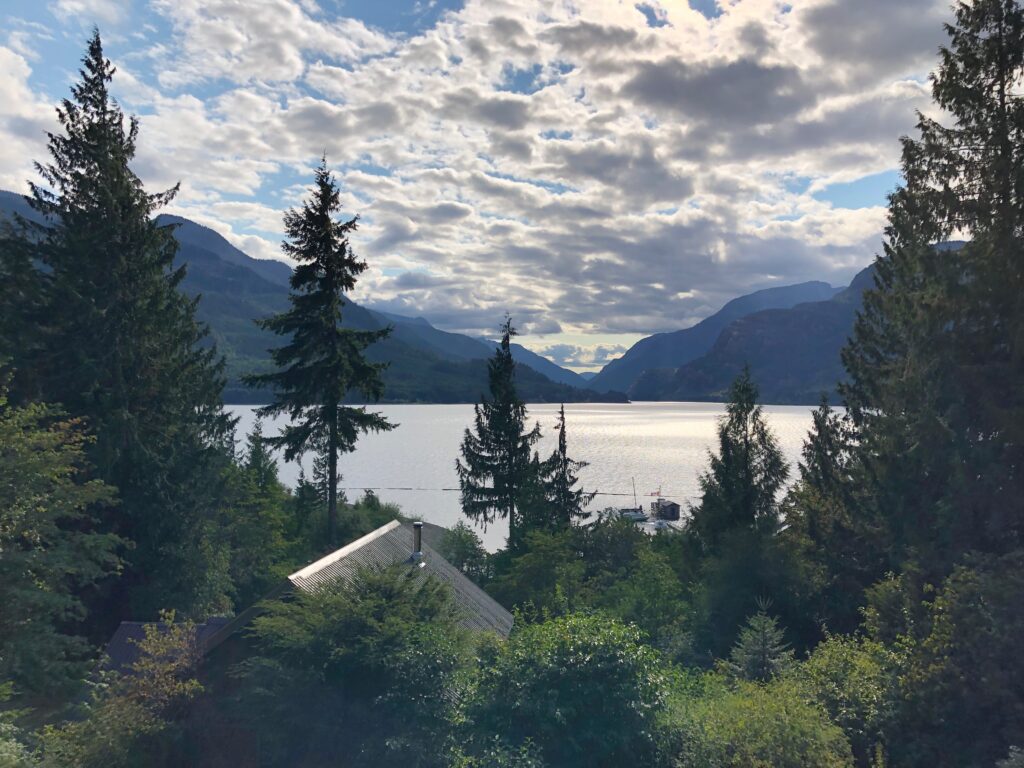



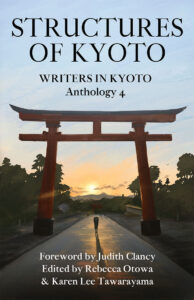
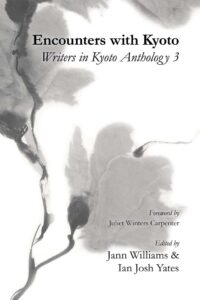
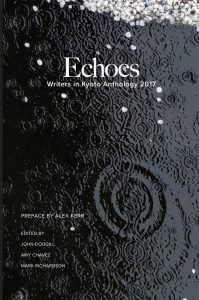
Recent Comments